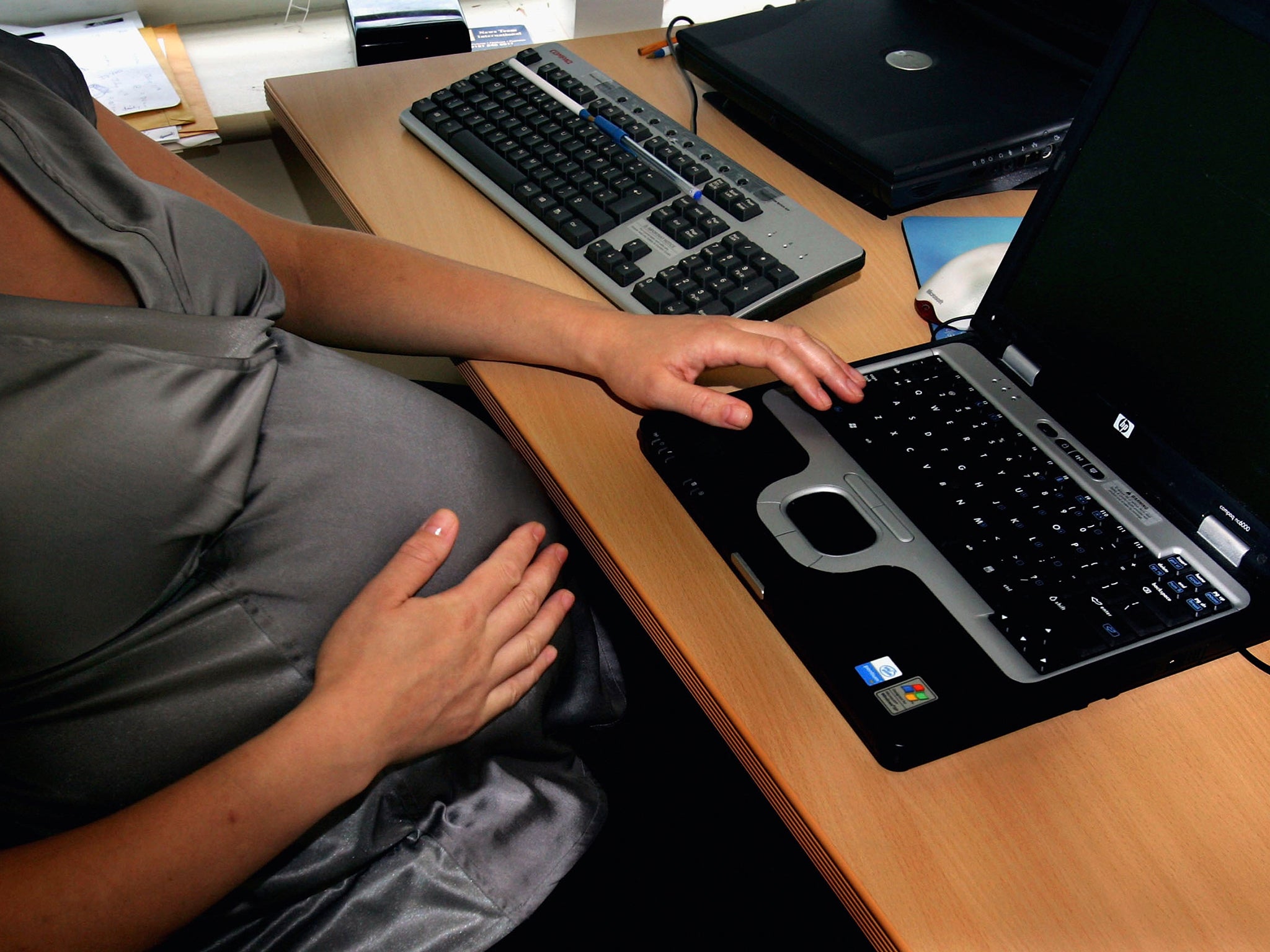Employers can now use big data to find out if you're pregnant
'There are enormous potential risks in these efforts, such as the exposure of personal health data to employers or others'

Your support helps us to tell the story
From reproductive rights to climate change to Big Tech, The Independent is on the ground when the story is developing. Whether it's investigating the financials of Elon Musk's pro-Trump PAC or producing our latest documentary, 'The A Word', which shines a light on the American women fighting for reproductive rights, we know how important it is to parse out the facts from the messaging.
At such a critical moment in US history, we need reporters on the ground. Your donation allows us to keep sending journalists to speak to both sides of the story.
The Independent is trusted by Americans across the entire political spectrum. And unlike many other quality news outlets, we choose not to lock Americans out of our reporting and analysis with paywalls. We believe quality journalism should be available to everyone, paid for by those who can afford it.
Your support makes all the difference.Companies are now using insurers and employee wellness firms to mine data about employees' prescription drugs and shopping habits to predict workers' healthcare needs.
This practice has been used in the United States by the likes of Walmart to send specifically targeted health-related advice to employees.
Harry Greenspun from Deloitte LLP's Centre for Health Solutions told the Wall Street Journal: "I bet I could better predict your risk of a heart attack by where you shop and where you eat than by your genome."
This data trawling can now used to find out if female workers are pregnant or trying to conceive.
Healthcare information company, Castlight, have launched a new product which uses insurance claims to check if women have stopped birth control prescriptions.
The product will match such information with the age of the woman and that of her children to find out the likelihood of a imminent pregnancy.
Castlight's chief research and development officer, Jonathan Rende said this information would trigger emails to the female employee in question offering advice on choosing an obstetrician and prenatal care.
Critics have attacked such use of employee data stating it could impinge on workers' health privacy.
University of Maryland law professor, Frank Pasquale, said: "There are enormous potential risks in these efforts, such as the exposure of personal health data to employers or others."
Join our commenting forum
Join thought-provoking conversations, follow other Independent readers and see their replies
Comments